Mazuri Koi Platinum Ogata Food, 20 lb. Bag
Mazuri Koi Platinum Ogata are a highly palatable floating koi fish food designed to help keep your koi healthy and beautiful. Suitable for koi 12 inches or larger, these koi fish food pellets not only provide optimum nutrition for your fish but also contain spirulina algae and other nutrients for vibrant coloration. Plus, floating Mazuri koi food encourages fish to come to the surface of your pond, tank or aquarium so they can be observed feeding.
Mazuri Koi Platinum Ogata are a highly palatable floating koi fish food designed to help keep your koi healthy and beautiful. Suitable for koi 12 inches or larger, these koi fish food pellets not only provide optimum nutrition for your fish but also contain spirulina algae and other nutrients for vibrant coloration. Plus, floating Mazuri koi food encourages fish to come to the surface of your pond, tank or aquarium so they can be observed feeding.
- Floating diet Encourages natural foraging behavior and helps monitor food intake and prevent over-feeding
- Contains omega-3 fatty acids and a high level of vitamin C Helps support the immune system
- Complete nutrition – No supplement needed
- Contains wheat germ to help with digestibility
- Sustainable fishmeal source used
- High protein Helps support tissue and muscle development
- Product Form: Ogata – Extruded Nugget particle size: 5/16″ x 5 16″ length
Additional information
| Country of Origin | Made in USA |
|---|---|
| Feeding Directions | Feed to koi and goldfish over twelve inches in length. |
| Life Stage | Adult |
| Maximum Recommended Pond Depth | 1 ft. |
| Product Weight | 20 lb. |
| Fish Type | Koi Fish, Goldfish |
| Packaged Height | 24.25 in. |
| Packaged Length | 24.25 in. |
| Packaged Weight | 20 lb. |
| Packaged Width | 19 in. |
| Package Size | 20 in. |
| Manufacturer Part Number | 7687 |


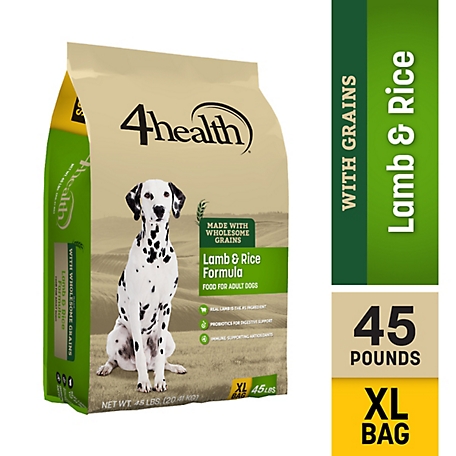
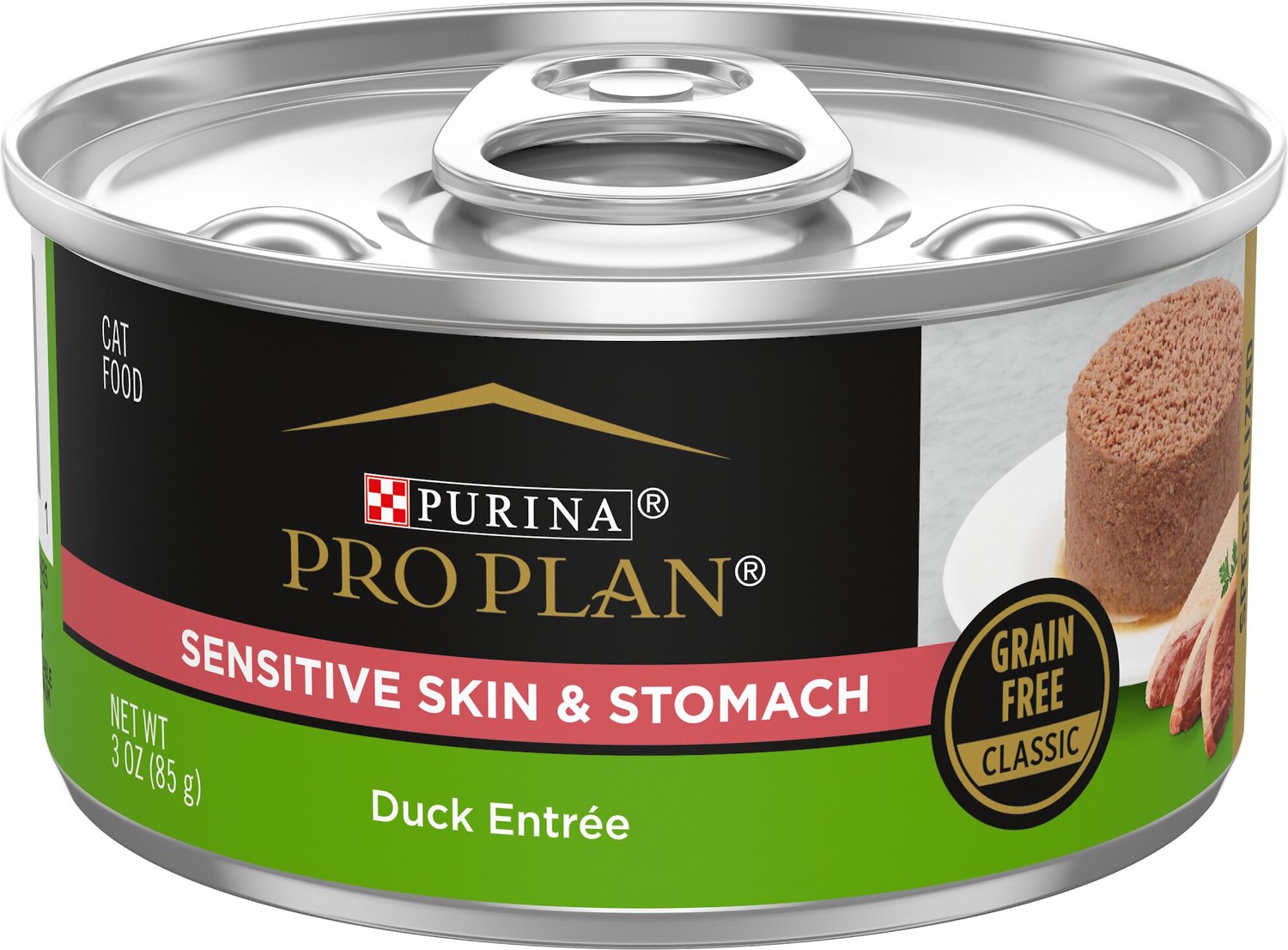
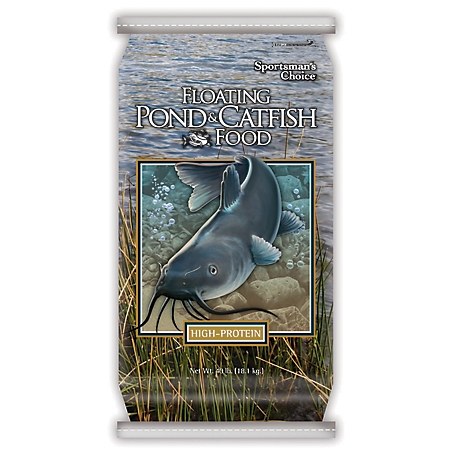
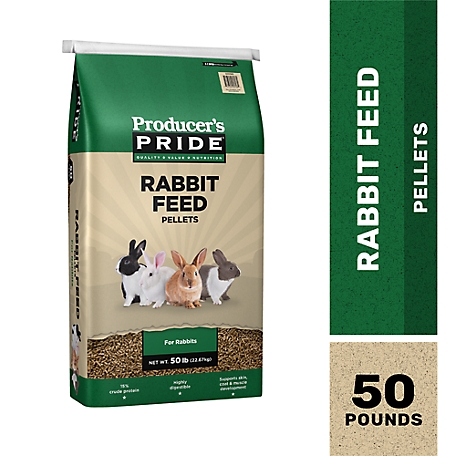
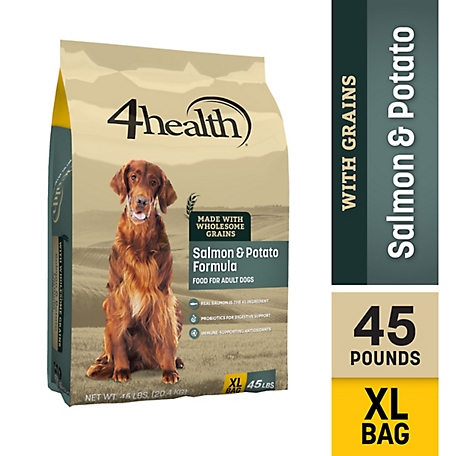
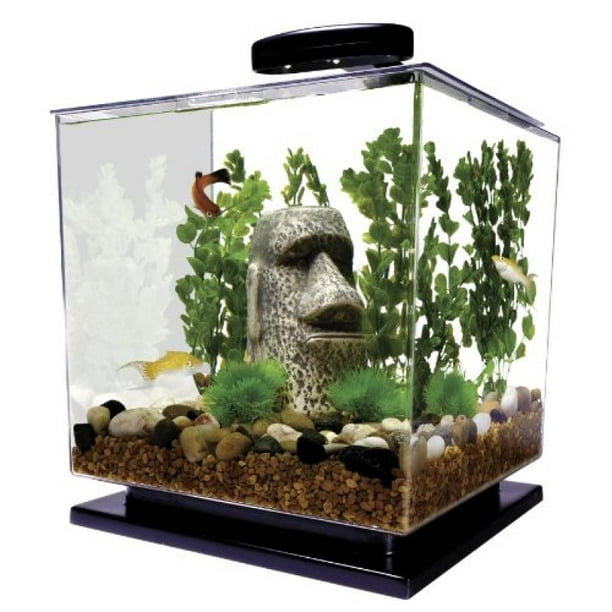
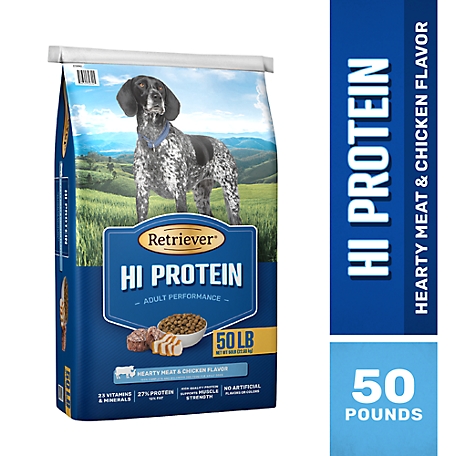
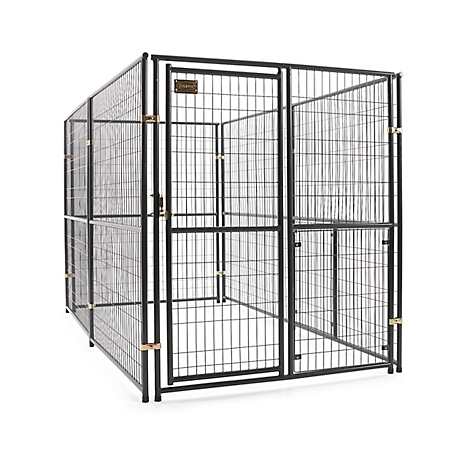
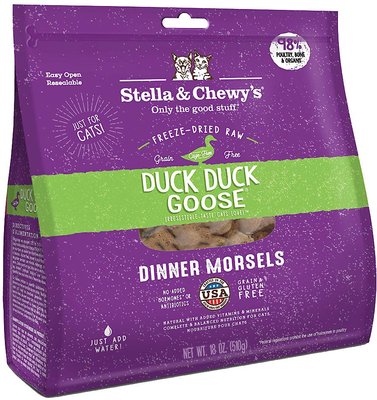
by Zuzu
My fish love it. Easy to feed. I wished you stocked it like u used to. I have to special order it n pre-pay. Other people use it also.?
by Oriol
Great product. My fish love it. Only for large fish
by Harry
Expensive but well worth it ! Only the best if you really love your Lois.
by Ralphie
Great product. Feels like a fresh box of cereal. Satisfies the fish appetite. The just go crazy for it.